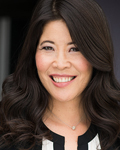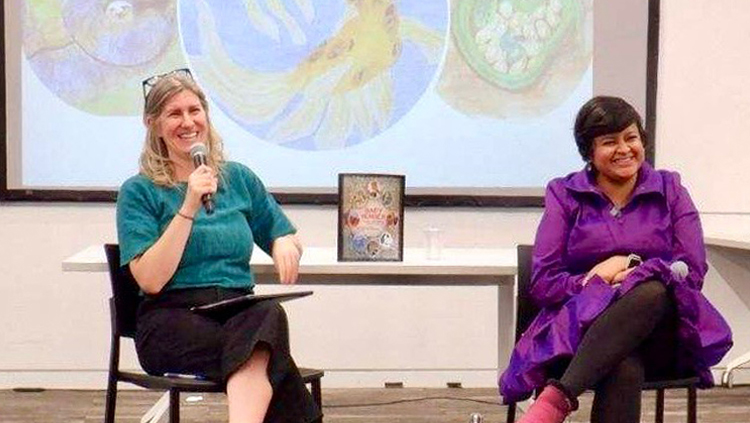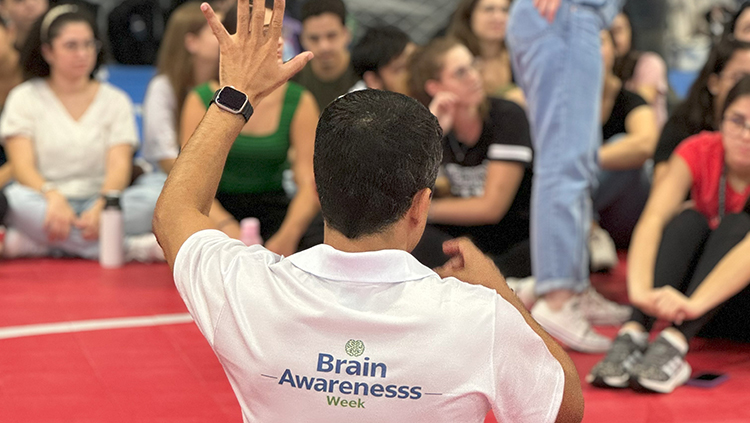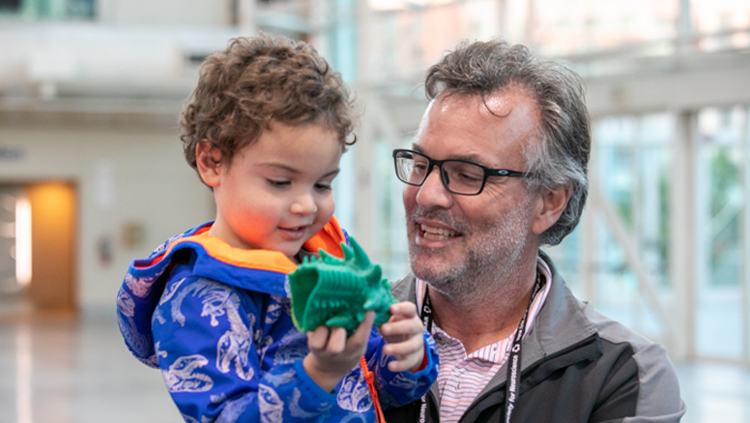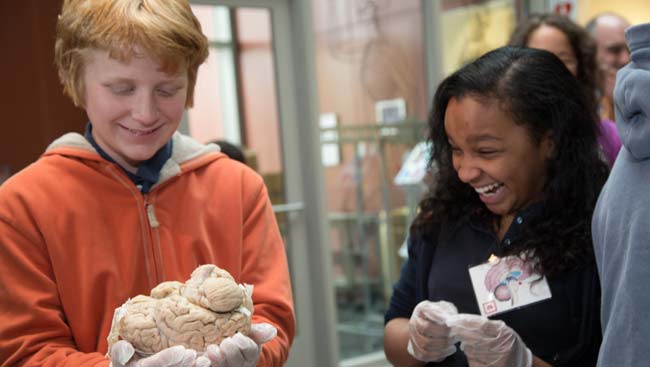
This resource was featured in the NeuroJobs Career Center. Visit today to search the world’s largest source of neuroscience opportunities.
Wendy Suzuki began her neuroscience career studying the hippocampus, but 20 years into her career switched her research focus to examine how exercise affects brain function. She now regularly talks about neuroscience in the public sphere as the host of Transistor, “a transformative STEM podcast;” in her new book, Healthy Brain, Happy Life; and delivering TEDx talks. Read here about Suzuki’s insights into the best ways to communicate science and why she does it.
How do you communicate complicated science research to lay audiences so that they not only understand what you’re saying, but get excited about it?
For me, the key is to make it personal. The reason I switched to study exercise and the brain was a very personal story. It’s not like I took a class, read a series of papers, or was mentored by somebody who specifically studied how exercise affects brain functions.
I think everybody can understand exercise. To help communicate my research, I can tell you about what we know that’s changing in your brain, that’s maybe associated with mood: Your serotonin goes up, your adrenaline goes up, and the neurotransmitter associated with reward — dopamine — also increases in the brain. Because people can relate to that, and because they experience it or they hear of other people improving their mood with exercise, it puts them in a receptive state to take in some of the science.
I’ve learned how to focus on things that really draw people in, like the fact that there are only two brain areas where new neurons can be born in adulthood: the hippocampus, critical for long-term memory, and the olfactory bulb. That, I know from many reactions I’ve gotten, is fascinating to people. If you can relate that to exercise, it becomes a huge motivation for lots of people to exercise. It’s not just to get ready for the summer and for beachwear, it’s actually to improve your memory. Who wants a better memory? Lots of people want a better memory, and exercise is a way to enhance that through increased neurogenesis. Generally, I find ways like that to communicate often difficult concepts to people.
How do you benefit from doing public outreach?
What has been so valuable to me is honing in on the big question that science addresses. Of course we are, as scientists, focused on experiment design and all of those details, but I’ve really appreciated the intellectual exercise of thinking through the implications of this work and why it is important.
I recently gave a TED talk in Los Angeles. The conference theme was “disruptive ideas,” so I had to put all of my work in the framework of a disruptive idea. I talked about the cascade of disruption that starts with personal to career and then societal. It’s such a valuable thing to think through these big picture questions.
In addition to your research, outreach, promoting your new book, and even teaching a weekly exercise class, you serve as a member on SfN’s Professional Development Committee (PDC), which supports and enhances the professional development of neuroscientists through education, training, networking, and mentoring. Why do you dedicate time to volunteer at SfN?
SfN is such a wonderful organization. I’ve always been impressed with the leadership, and I’ve seen it grow from 20 years ago — when I first started going to meetings — to today. The leadership of PDC has really important big ideas in mind, and I am always happy to give my time to help move it in new directions.
And, these are directions I’m already going in. I am exploring communication in the public domain in a bigger way than I ever have in my entire career with my book and podcast. I think that this expertise could be helpful to PDC. It’s a win-win situation. I can benefit from them in feeling good about volunteering for a committee that has a great cause, and hopefully they can benefit from the expertise I have, particularly in the public communication domain.
*Interview edited for length and clarity.
Curious about Wendy Suzuki’s midcareer move? Read this interview to learn about her journey and insights into how your personal passions and curiosities factor into your career.Speaker
